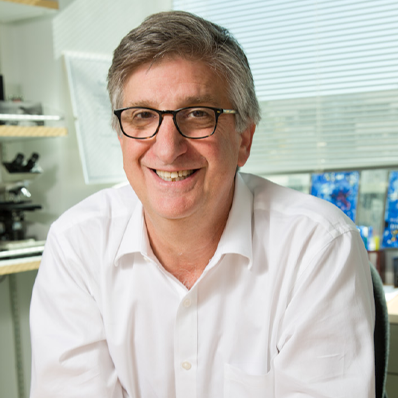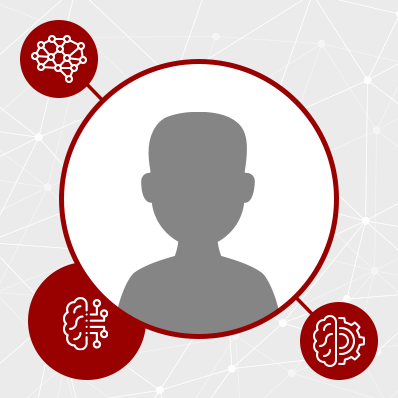Kim, Hosung
Associate Research Professor of Neurology
Currently, we are particularly focused on the morphometry of the perivascular space and non-invasive measurement of Glymphatic flow (a water flow system in the brain that helps clear waste products and toxins) using MRI and artificial intelligence. This research enhances our understanding of the underlying mechanisms involved in sleep disorders, accelerated brain aging due to poor sleep and impaired Glymphatic function, and neurodegenerative diseases such as Alzheimer's disease and other forms of dementia. Dr. Hosung Kim serves as the PI of NIDLL, and guides and coordinates the research efforts of the lab members. We welcome you to join the lab and participate in our valuable research.
Lee, Darrin Jason
The focus of my laboratory is to explore the underlying mechanisms and potential of neuromodulation for cognitive dysfunction and psychiatric disorders, such as Alzheimer’s disease, Parkinson’s disease, epilepsy, depression, obsessive compulsive disorder and schizophrenia. Specifically, we utilize multiple depth electrode local field potential recordings and functional ultrasound imaging to evaluate simultaneous electrophysiology, cerebral blood flow and functional connectivity in these disorders. Using these tools, our goal is to better understand the underlying pathophysiology and optimize our neuromodulation strategies. Our aim is to translate our preclinical findings into clinically relevant neuromodulation treatments. My clinical research is focused on evaluating potential new indications and targets for neuromodulation, such as deep brain stimulation (DBS), spinal cord stimulation and focused ultrasound.
Levitt, Pat
The research projects are driven by a talented group of postdoctoral fellows, graduate students, research staff and collaborating faculty. Our laboratory is unique in undertaking both basic and clinical research projects. Research projects investigate the development of brain architecture underlying emotional and social behavior and learning, the challenges that arise when neurodevelopment is derailed, and determining why brain and certain medical disorders often co-occur in children. The basic science projects are focused how genes and prenatal and early postnatal environments together influence typical and atypical development. The clinical research projects focus on understanding the impact of early experiences, positive (social connectedness) and negative (early life adversities - neglect/abuse) on healthy brain and child development and the impact on metabolic health.
Liew, Sook-Lei
Associate Professor of Biokinesiology and Physical Therapy
The overall mission of the laboratory is to enhance neural plasticity in a wide population of individuals in order to improve their quality of life and engagement in meaningful activities. We particularly focus on individuals with stroke using big data neuroimaging approaches, along with noninvasive brain stimulation and brain computer interfaces.
Matho, Katherine
Assistant Professor of Pediatrics
How do developmental and genetic programs build brain circuits for complex behavior? My lab investigates this question by integrating developmental neuroscience, molecular genetics, and multi-scale circuit mapping to study cortical sensorimotor circuits underlying goal-directed actions and perception. Using interdisciplinary approaches, such as gene knockin mouse lines and single cell profiling, we examine how neuronal identity and connectivity emerge during development. Our goal is to uncover the molecular and developmental logic of circuit assembly in neurotypical development and how the key building blocks that make up the circuits—cell types—are disrupted in neurodevelopmental disorders. We hypothesize that a temporal patterning program during pregnancy specifies neuron subtype and wiring, shaping sensorimotor function in the mature brain.








